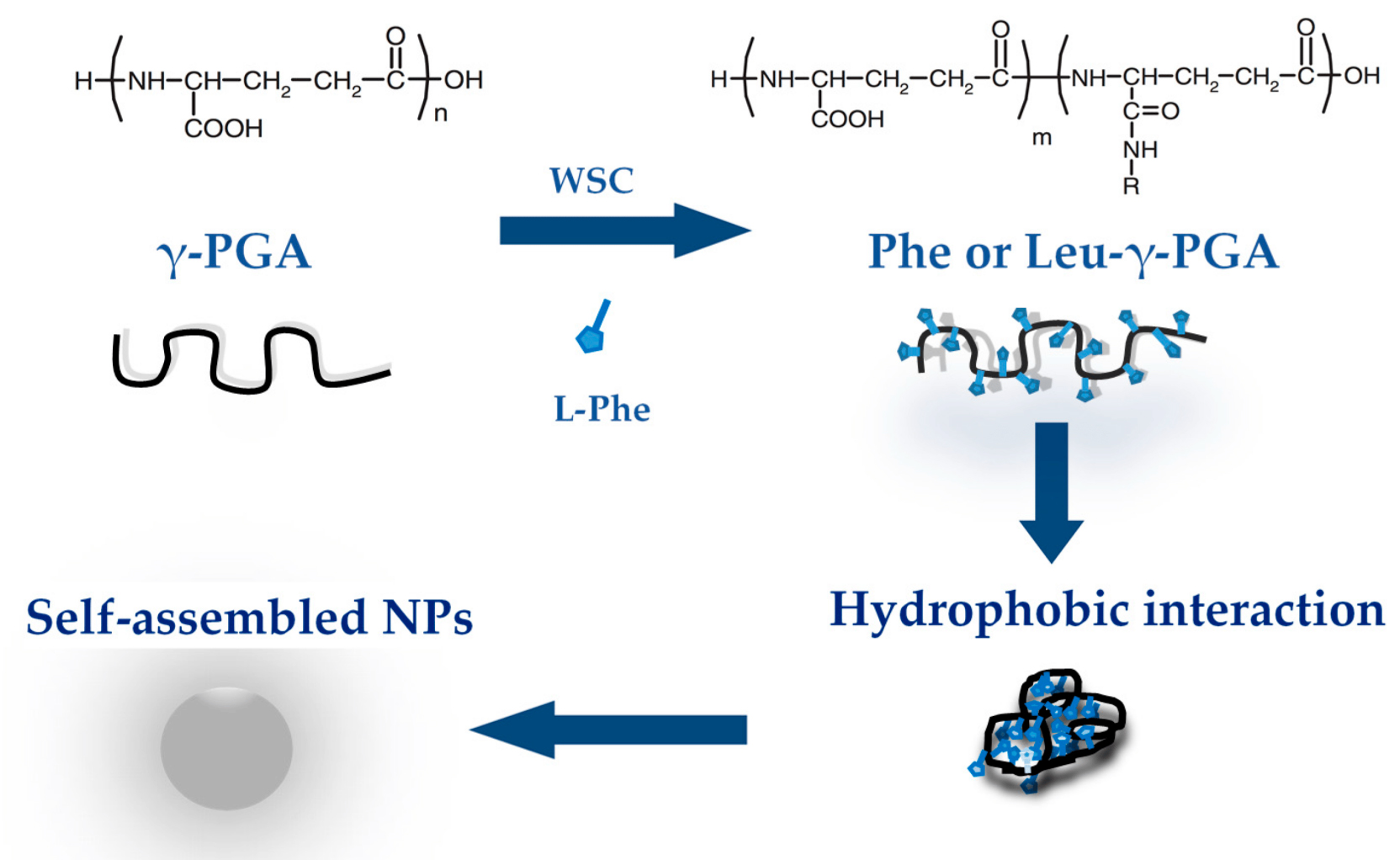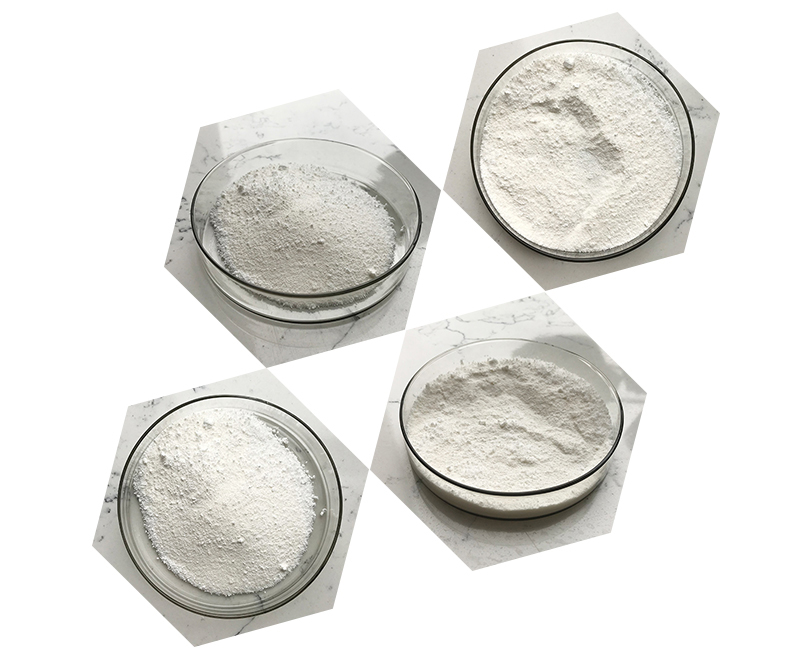Polyglutamic Acid (PGA) is a naturally occurring biopolymer composed of glutamic acid residues. It is widely used in skincare due to its impressive hydrating and skin-repairing properties. Here are some key functions of Polyglutamic Acid in skincare:
1.Hydration:
- Polyglutamic acid is a powerful humectant, meaning it attracts water from the environment into the skin. It can hold many times its weight in water, making it an excellent moisture-retaining agent.
- Unlike hyaluronic acid, which can pull water from deeper layers of the skin, PGA works more on the surface, forming a thin, hydrating layer that helps the skin stay moisturized longer.

2.Improves Skin Barrier Function:
By keeping the skin moisturized and preventing water loss, Polyglutamic Acid helps reinforce the skin’s natural barrier. This is particularly beneficial for dry or compromised skin, as a strong barrier reduces the risk of irritation and sensitivity.
3.Promotes Skin Repair:
Polyglutamic acid supports the skin’s natural healing processes. It can help improve the appearance of damaged or irritated skin by encouraging skin cell turnover and hydration, leading to smoother, softer skin over time.
4.Anti-Aging Effects:
- Polyglutamic Acid has antioxidant properties, which may help reduce oxidative stress and prevent damage from free radicals, contributing to anti-aging benefits.
- Its ability to retain moisture also makes the skin appear plumper and more youthful, reducing the appearance of fine lines and wrinkles.

5.Enhances Other Skincare Actives:
Due to its ability to increase skin hydration, Polyglutamic Acid can help improve the absorption of other skincare ingredients, making it an effective booster when used in combination with other active ingredients like vitamin C, retinol, or peptides.
6.Non-irritating:
Polyglutamic acid is considered gentle and well-tolerated by most skin types, including sensitive skin. This makes it suitable for use in formulations designed for sensitive or reactive skin.
In summary, Polyglutamic Acid is valued for its superior moisturizing, skin-repairing, and anti-aging benefits, making it a versatile ingredient in many skincare products.
